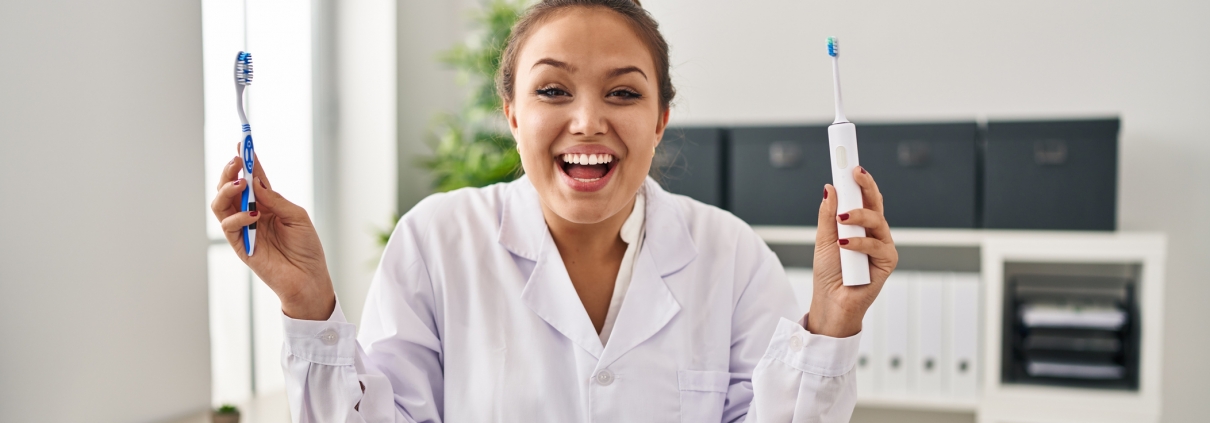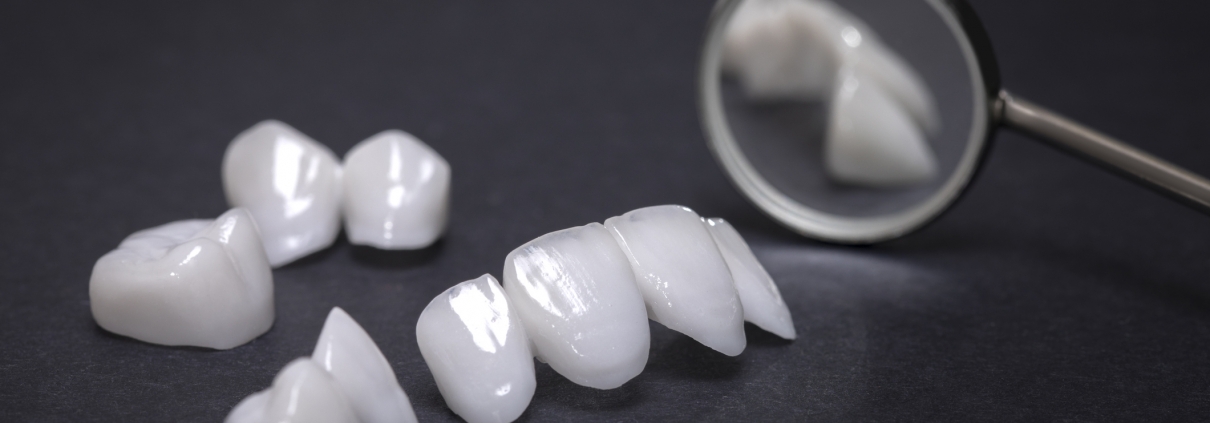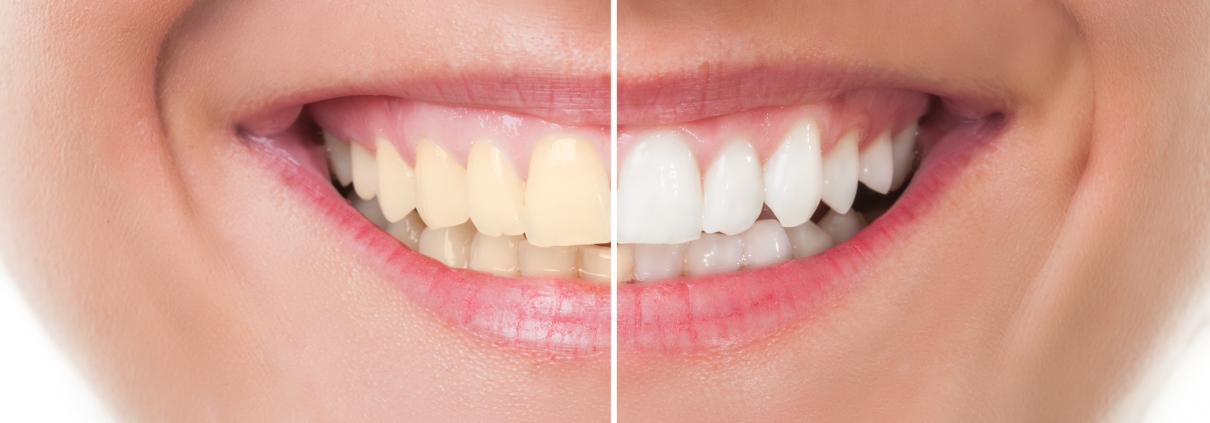Having healthy teeth is essential for overall health and well-being. It allows us to eat and speak properly, and it also contributes to our confidence and self-esteem. In this article, we will discuss what it means to have healthy teeth, the importance of oral hygiene, and tips for maintaining healthy teeth.
What are Healthy Teeth?
Healthy teeth are free from decay, gum disease, and other oral health issues. They are strong and durable, allowing us to chew and bite properly. They are also white and free from stains and discoloration.
Oral Hygiene
Maintaining good oral hygiene is essential for having healthy teeth. Proper brushing and flossing techniques, along with regular dental checkups, can help prevent dental issues such as cavities and gum disease. Brushing and flossing remove plaque and bacteria from the teeth and gums, preventing them from causing damage.
Tips for Maintaining Healthy Teeth
Brushing twice a day
Brushing twice a day with fluoride toothpaste is an essential part of maintaining healthy teeth. It removes plaque and bacteria from the teeth and gums, preventing them from causing damage.
Floss daily
Flossing once a day removes plaque and bacteria from between teeth, where a toothbrush cannot reach. It also helps to prevent gum disease.
Limit sugary and acidic foods
Sugary and acidic foods can erode the enamel on teeth, leading to decay and other dental issues. Limiting these foods can help maintain healthy teeth.
Drink plenty of water
Drinking plenty of water helps to wash away food particles and bacteria from the mouth, preventing them from causing damage.
Visit your dentist regularly
Regular dental checkups are essential for maintaining healthy teeth. Your dentist can detect and treat dental issues early, preventing them from becoming more serious.
In conclusion, having healthy teeth is essential for overall health and well-being. Maintaining good oral hygiene, limiting sugary and acidic foods, and visiting your dentist regularly are all essential for maintaining healthy teeth. By following these tips, you can maintain strong, durable, and white teeth, contributing to your confidence and self-esteem.











